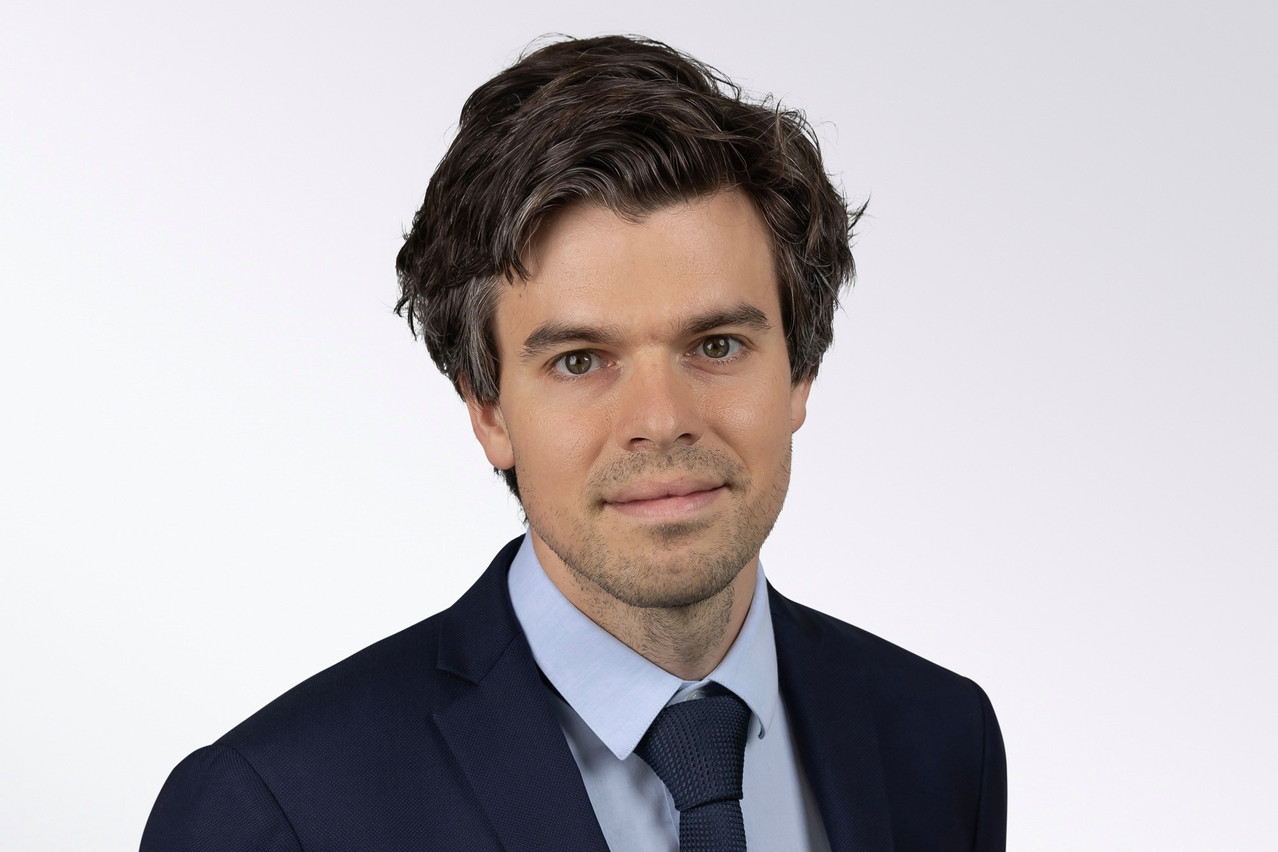The launch of Carmignac’s new fund, which matures in 2029, follows the firm’s two previous funds, which have 2025 and 2027 maturities. Carmignac Credit 2029, which is an actively managed Ucits fund (undertaking for collective investment in transferable securities) managed by head of credit Pierre Verlé and fund managers Alexandre Deneuville and Florian Viros, invests in selected corporate credit instruments.
So what makes Carmignac different from other firms?
Looking for good opportunities in credit markets
Carmignac launched its flagship fund in 2017, explained fund manager Alexandre Deneuville, and launched target-date funds in 2020 and 2022. Deneuville joined the firm’s credit team in 2015. “Our philosophy has always been: when we see extraordinary value in the credit markets, this is when we launch these target-date funds,” he said, explaining what sets Carmignac apart from other investment houses with these kinds of funds.
Their first fund was launched in spring 2020--right after the start of the covid pandemic. “We saw meaningful dislocation and lots of good opportunities,” said Deneuville. “So we thought: ‘For our retail clients, we need to launch such a fund where we can capture the value of the market at this moment, in a diversified fashion, with the added comfort for them of having a target yield to maturity.’”
We still see a lot of value in credit markets
The second target-date fund--launched in July 2022--was after Russia’s full-scale invasion of Ukraine began and took place in the middle of a bear market in fixed income, continued the fund manager.
“And we’re launching a new one now, which means we still see a lot of value in credit markets,” said Deneuville. These target-maturity funds all have five-year maturities, and it’s by chance that the three maturity dates have been separated by two years, as Carmignac doesn’t have a set policy on fund launches. “It’s opportunity-based.”
“Very diversified portfolio”
“If you look at what differentiates us from other houses, probably one of the most striking points is that what we want to do is build a very diversified portfolio,” said Deneuville. “We think it’s a great tool for risk management.” If an accident does occur, it shouldn’t have too much of an impact on the performance of a fund or its return.
A way to square the circle between diversification and conviction is to have a very flexible mandate and a very wide investment universe
But with diversification comes dilution, he cautioned. “For us, a way to square the circle between diversification and conviction is to have a very flexible mandate and a very wide investment universe.” Carmignac Credit 2027, for example, has over 150 lines, and the new fund--Carmignac Credit 2029--is “already very diversified, at 60 or 70 lines, and it’s going to get more diversified as the fund grows.”
The fund--which started with €20m in assets under management (seed money from Carmignac)--is an article 8 fund, noted Deneuville. Its classification under the EU’s Sustainable Finance Disclosure Regulation (SFDR) means that the fund is meant to promote environmental and/or social characteristics.
“It’s a very flexible fund,” said Deneuville, “and it will be even more diversified.” Gross yield today is in excess of 8%, he added. Subtracting from that fees and the cost of risk, “net yield to clients--our target is to deliver something in excess of 6%.”
Cycles of five, six, seven years
Asked about what he expects to see in 2024, Deneuville replied that he never focuses on what might happen over the next couple of months, because “anything could happen, as always.”
“What I try to focus on is what reliably happens over five, six, seven years--which is usually the length of a credit cycle,” he answered. Over a period like this, a recession is likely to occur. “So when I invest, I always ask myself: will this company survive a rough patch? And what kind of rough patch can it survive? What is my fundamental risk? And how am I compensated for it?”
“That’s why these target-date funds are so popular,” Deneuville concluded. “You can sit on them for five years, and not have too much to think about. By design, they’re mid-term investments, with a maturity in mind.”


